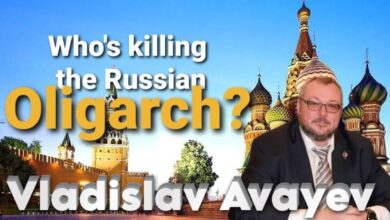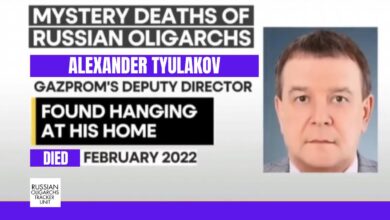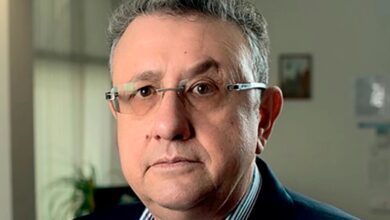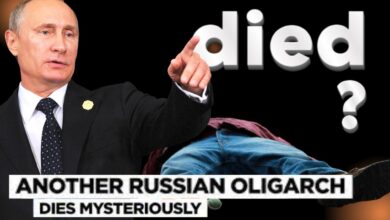Russian Rocket Scientist Dies from Mushroom Poisoning in Putin’s State
Russian rocket scientist Vitaly Melnikov, aged 77, was in charge of the Rocket and Space Systems Department at RSC Energia until he fell seriously ill shortly before his passing. According to a Moscow newspaper, his abrupt decline in health was attributed to the consumption of poisonous mushrooms.
Who was the Russian Rocket Scientist?
Russian rocket scientist Viatcheslav Rovneiko, a prominent and well-connected former intelligence operative, met a mysterious and untimely demise on the outskirts of Moscow, leaving a trail of intrigue and questions in its wake. At 59 years old, Rovneiko’s sudden and unconscious state was discovered during the late hours of the night at his opulent residence nestled within an exclusive gated community, shrouding the circumstances surrounding his passing in an aura of enigma.
Rovneiko’s life had been entwined with the clandestine world of espionage and diplomacy, a realm in which he had forged formidable connections over the years. Most notably, he maintained strong ties to Vladimir Putin’s foreign intelligence chief, a connection that had been a source of both speculation and concern for international observers. This connection added an additional layer of complexity to his already intricate life story, leaving room for speculation about the possible motivations behind his demise
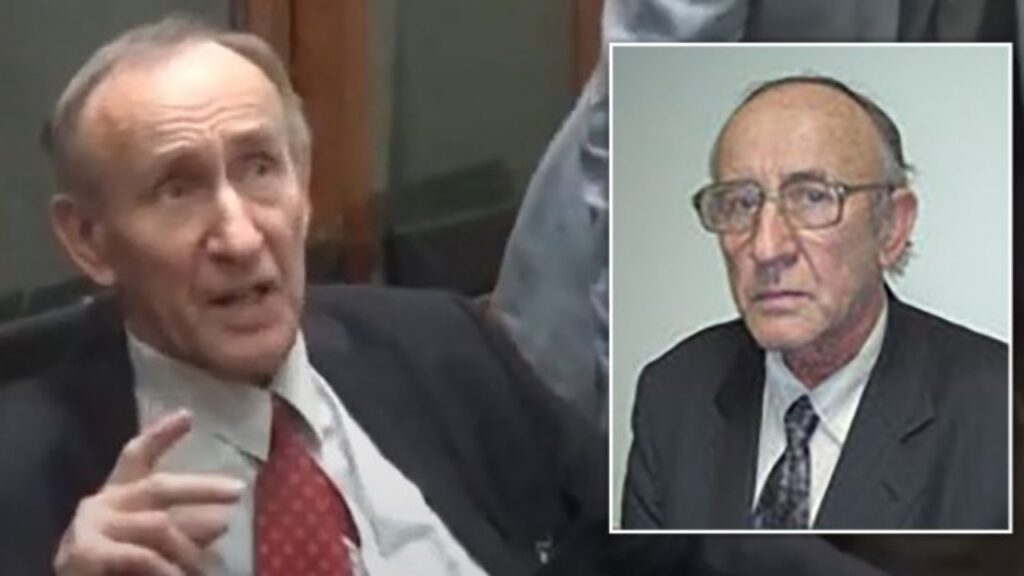
Intriguingly, Rovneiko was not merely an enigmatic figure in the world of intelligence; he was also known to have a close and influential relationship with billionaire Gennady Timchenko. Timchenko’s reputation as one of Putin’s most devoted oligarchs further deepened the mystery surrounding Rovneiko’s life and the circumstances of his passing. The web of connections and allegiances between these individuals hinted at a world of power, influence, and secrecy that extended beyond conventional boundaries.
As the investigation into Viatcheslav Rovneiko’s enigmatic death unfolded, it promised to unveil a complex tapestry of intrigue, diplomacy, and covert dealings. The circumstances surrounding his passing, his connections to the inner circle of Russian power, and his involvement with figures like Gennady Timchenko all pointed to a life lived on the fringes of political and intelligence networks, where the boundaries between friend and foe, loyalty, and betrayal were often blurred. The mystery surrounding Rovneiko’s life and demise continued to captivate those who were interested in the hidden worlds of international intrigue.
Vitaly Melnikov, Family
He was in a marital union with Irina, a fellow student from MGIMO. Irina, aged 63, and their son Nikolay, aged 40, were employed as investment bankers in London while simultaneously pursuing studies at Kingston University.
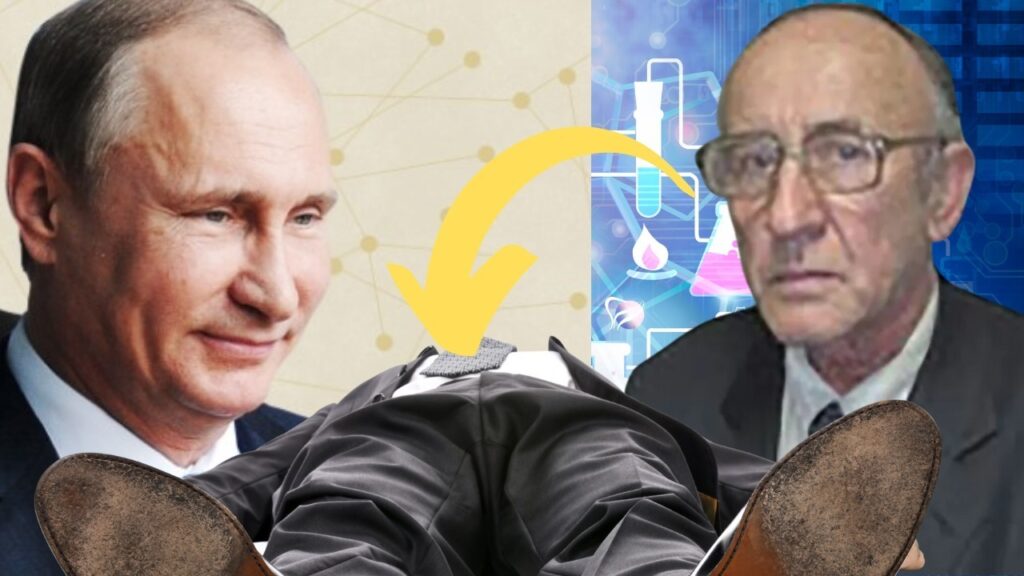
This development coincides with recent news where an individual, who was employed as an IT specialist for the foreign ministry, met an unfortunate demise under mysterious circumstances while on duty. This individual, who was 42 years old, had a fatal fall from a “low height,” resulting in head injuries in Moscow. Coincidentally, his son Nikolay, who is 40 years old, also worked as an investment banker in London and was concurrently enrolled at Kingston University, situated in the southwestern part of the city.
Life Journey of Vitaly Melnikov
Melnikov held the position of chief researcher at TsNIIMASH, which is a division of Roscosmos, the Russian space agency. During his career, he authored a total of 291 scientific articles, establishing himself as one of the foremost experts in the field of space science. He actively collaborated with international colleagues on various projects, including joint endeavours with NASA, demonstrating Russia’s commitment to maintaining cooperation in space exploration despite the ongoing conflict in Ukraine.
Most recently, just last week, a Russian astronaut embarked on a mission alongside an American astronaut and two other crew members, launching aboard a Space X and NASA spacecraft. This mission exemplified the continued collaboration between Russia and the United States in space exploration.
In his later years, Melnikov served as a professor at the People’s Friendship University of Russia, sharing his extensive knowledge and expertise with the next generation of scientists and space enthusiasts.
How did a Russian Rocket Scientist die?
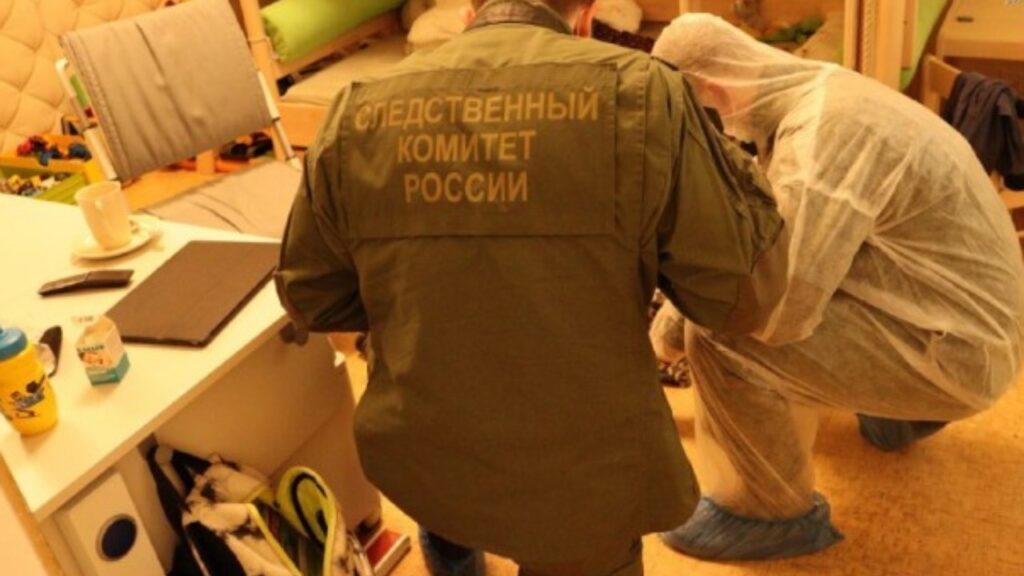
Professor Vitaly Melnikov, who was 77 years old at the time, held the esteemed position of head of the Department of Rocket and Space Systems at RSC Energia, the leading spacecraft manufacturer in Moscow. Sadly, he battled a sudden and severe illness with great courage before his passing. As reported in the Moscow newspaper, it was determined that his poisoning was the result of consuming toxic mushrooms.
Other mysterious Russian deaths or attacks surrounding Putin
Boris Nemtsov
In 2015, Boris Nemtsov, a prominent Russian opposition figure known for his strong criticism of the Putin administration, was fatally shot in an assault that took place on a bridge within sight of the Kremlin.
- He met his demise just a few days prior to his scheduled leadership of an uncommon public demonstration against Russia’s takeover of Ukraine’s Crimean area and its backing of separatist activities in eastern Ukraine’s Donbas region.
- The Kremlin disavowed any participation, while in 2017, a Russian court found five individuals guilty of Nemtsov’s murder in a trial that his family labeled as an attempt to conceal the truth.
- In the years that followed, it came to light that a government agent working with a group that carried out assassinations had been closely watching him in the months before his death.
Alexei Navalny
The leader of the opposition, Navalny, who is currently incarcerated for approximately three decades, was poisoned in August 2020 using a potent nerve agent known as Novichok, a product of Soviet Union’s research and development.
- The Kremlin claimed no responsibility, but later inquiries conducted by Bellingcat revealed that the individuals behind the assault were affiliated with Russia’s Federal Security Service (FSB) and that the decision to poison him had come from the highest levels of the Kremlin.
Alexander Litvinenko:
In 2006, Litvinenko, a former KGB agent turned whistleblower, passed away in the United Kingdom as a result of poisoning with a scarce and extremely radioactive substance known as polonium-210.
- Once more, Russia has refused any participation, yet both the United Kingdom and the European Court of Human Rights have reached the determination that Russia likely played a role. The UK investigation even went as far as suggesting that Putin “likely sanctioned” the assassination of Litvinenko.
- One of the indications suggesting the Kremlin’s participation is the observation that nearly all the global supply of polonium-210 originates from state-managed nuclear facilities in Russia, where nuclear authorities have emphasized strict oversight over access to this element.
Sergei Skripal:
In 2018, Skripal, a former Russian intelligence operative residing in the United Kingdom, along with his daughter, fell victim to an assault in Salisbury. They were targeted with a nerve agent that bore a resemblance to the substance employed in the attack against Navalny.
- Skripal and his daughter managed to survive, but a British citizen lost their life, and several others were harmed when they encountered a perfume container suspected to be linked to the incident.
- The United States, the United Kingdom, and several other countries have jointly determined that individuals affiliated with the Russian military intelligence agency were responsible for the poisonings. Furthermore, the United Kingdom has formally accused three members of this agency in connection with the incidents.
Yuri Shchekochikhin:
In July 2003, Russian investigative journalist and liberal lawmaker Shchekochikhin experienced a sudden illness and passed away. Doctors at a hospital associated with the Kremlin stated at the time that his cause of death was attributed to a severe allergic reaction.
- His family members have reported that Shchekochikhin endured a harrowing 12-day period characterized by excruciating pain, during which his skin progressively peeled off, his hair fell out, and his organs suffered successive failures.
- When they requested access to Shchekochikhin’s medical records, medical professionals informed his family that these documents were being held by prosecutors, citing them as a “medical secret.” This was in relation to an investigation that would not be initiated until several years later.
- In the years leading up to his demise, Shchekochikhin had published investigative reports exposing a smuggling operation, money laundering activities, and a corruption scandal involving high-ranking FSB (Federal Security Service) agents.
- Additionally, he had been delving into the potential involvement of the FSB in the 1999 Moscow apartment bombings, an event that played a part in triggering the Second Chechen War.
Anna Politkovskaya
In October 2006, Anna Politkovskaya, a Russian journalist and advocate for human rights, was fatally shot in her residence located in Moscow.
- She had documented human rights abuses during the Second Chechen War and authored a book in 2004, asserting that Putin, via the FSB, was suppressing civil liberties to steer the nation toward a Soviet-style dictatorship before she passed away.
- In 2014, a Moscow court convicted five men for her murder, but the identity of the individual who ordered her assassination was never determined.
Multiple Russian oligarchs and executives also died :
According to a report from The New York Times, a number of prominent Russian oligarchs and high-ranking executives have met untimely deaths in perplexing circumstances, including suicides and accidents, since the commencement of Russia’s invasion of Ukraine.
- Ravil Maganov, who held the position of Chairman of the Board at Lukoil, a prominent Russian conglomerate, experienced a tragic and unexpected demise in September 2022. This unfortunate incident occurred when he fell from a hospital window in Moscow. The circumstances surrounding his death garnered significant attention and controversy in Russia and beyond.
- Russian media initially reported that Ravil Maganov had taken his own life, implying that it was a case of suicide. However, in response to these reports, Lukoil released an official statement following his passing. According to the company’s statement, Maganov did not succumb to suicide but rather passed away as a result of a severe illness.
- The sudden and perplexing nature of Maganov’s death, along with the contrasting narratives presented by the media and Lukoil, added an extra layer of complexity to this tragic event. It raised questions and speculation within both the business community and the public, leaving many seeking further information and clarity about the circumstances surrounding the loss of a key figure in one of Russia’s largest private corporations.





